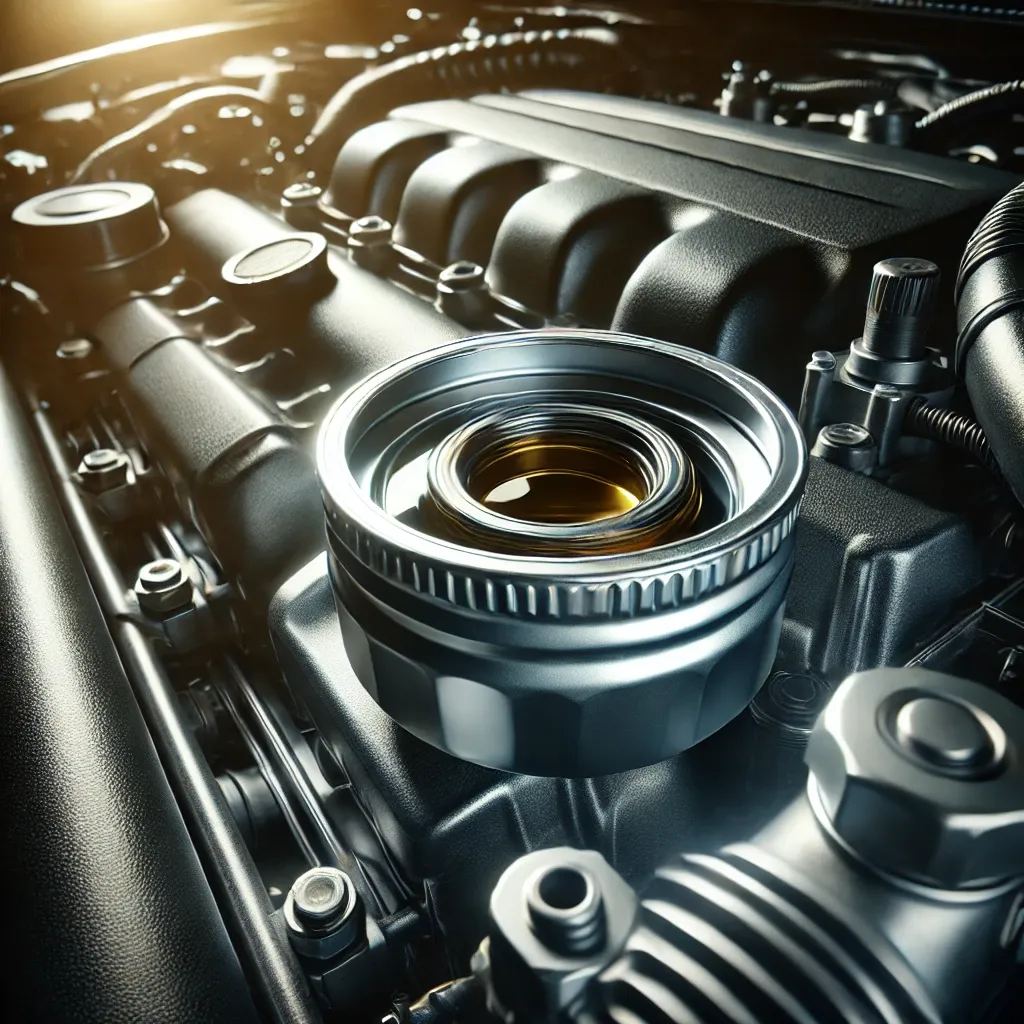Curious about the Engine Oil C2 C3 standard? What makes it different from other oil grades? Learn everything you need to know about Engine Oil C2 C3, its specifications, and its impact on engine performance.
Engine Oil C2 C3 Standard: What Does It Mean?
When it comes to keeping your vehicle’s engine running smoothly, selecting the right engine oil is critical. One of the most common classifications you might encounter is the Engine Oil C2 C3 standard. But what exactly does this mean, and how does it affect your engine’s performance?
The C2 and C3 labels refer to different categories of oils that are used in modern diesel engines, particularly those that meet Euro 5 and Euro 6 emissions standards. These oils are engineered to be compatible with low SAPS (Sulfated Ash, Phosphorus, and Sulfur) technology, which helps reduce the amount of particulate matter produced by your vehicle’s exhaust.
C2 vs. C3: What’s the Difference?
Both C2 and C3 oils are part of the ACEA (European Automobile Manufacturers Association) classification, but they serve different purposes depending on the engine type and emission standards. Let’s take a closer look at each:
-
Engine Oil C2 This type of oil is designed for engines with low-viscosity requirements. It’s a more energy-efficient oil that reduces fuel consumption. C2 oils are often used in vehicles with stop-start technology, which helps in saving fuel by automatically switching off the engine when the vehicle is idle.
-
Engine Oil C3 C3 oils are intended for vehicles that require higher levels of engine protection, particularly against wear. This oil has a higher viscosity compared to C2, making it better suited for vehicles that operate under heavy loads or in extreme conditions.
Why Choose Engine Oil C2 C3 Standard?
Choosing the right oil based on the C2 C3 standard ensures optimal performance, fuel efficiency, and engine protection. Here are some key benefits:
-
Fuel Efficiency C2 oils are particularly beneficial for reducing fuel consumption, especially in hybrid or fuel-efficient cars. Their lower viscosity makes them more effective at reducing friction between engine parts.
-
Engine Protection C3 oils provide better protection against engine wear, especially in vehicles that require higher viscosity for heavy-duty performance.
-
Reduced Emissions Both C2 and C3 oils are designed to meet the requirements of modern diesel engines with stringent emissions regulations. These oils help lower the levels of harmful emissions, contributing to cleaner air.
-
Extended Engine Life Thanks to their low ash content, C2 and C3 oils help prevent the build-up of sludge and deposits inside the engine. This leads to longer engine life and fewer maintenance issues.
Choosing Between C2 and C3 Oil
So, how do you decide which type of oil to use for your vehicle? The decision largely depends on your vehicle’s specifications and operating conditions.
-
For High Efficiency If you are driving a vehicle that requires high fuel efficiency and has low emissions, then C2 oil might be your best choice. It’s designed for those who want to optimize fuel economy, especially in urban environments.
-
For Heavy Duty If your vehicle requires more protection against wear and tear, especially if you are using it for heavy-duty purposes like towing or long-distance travel, C3 oil would be more appropriate. It provides greater stability and better protection in these conditions.
👉 Learn more about Engine Oil C2 C3 Standard 👈
Conclusion: Ensuring Optimal Engine Performance with the Right Oil
In summary, the Engine Oil C2 C3 standard offers significant benefits in terms of fuel efficiency, engine protection, and emission control. Whether you choose C2 or C3 oil depends on your vehicle’s specific needs. For modern engines designed to meet strict emissions regulations, both options provide excellent protection and performance. Make sure to consult your vehicle’s owner manual to select the right oil for your engine and maximize its longevity and efficiency.






